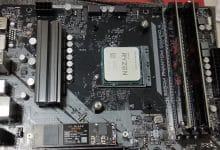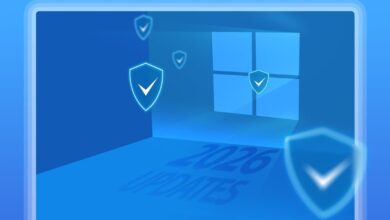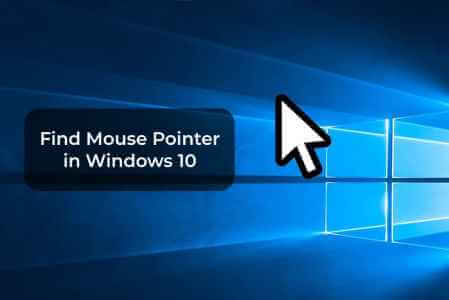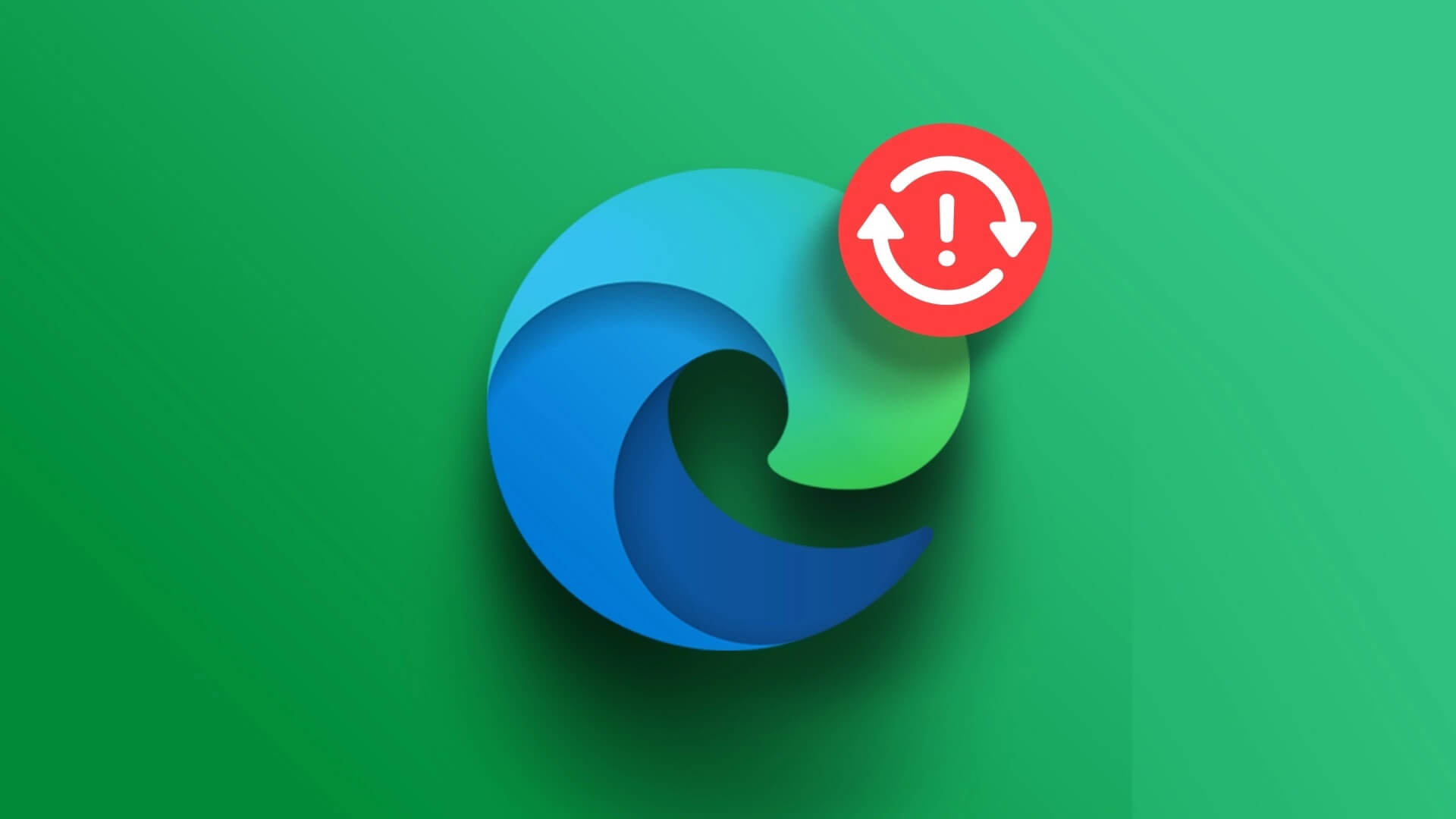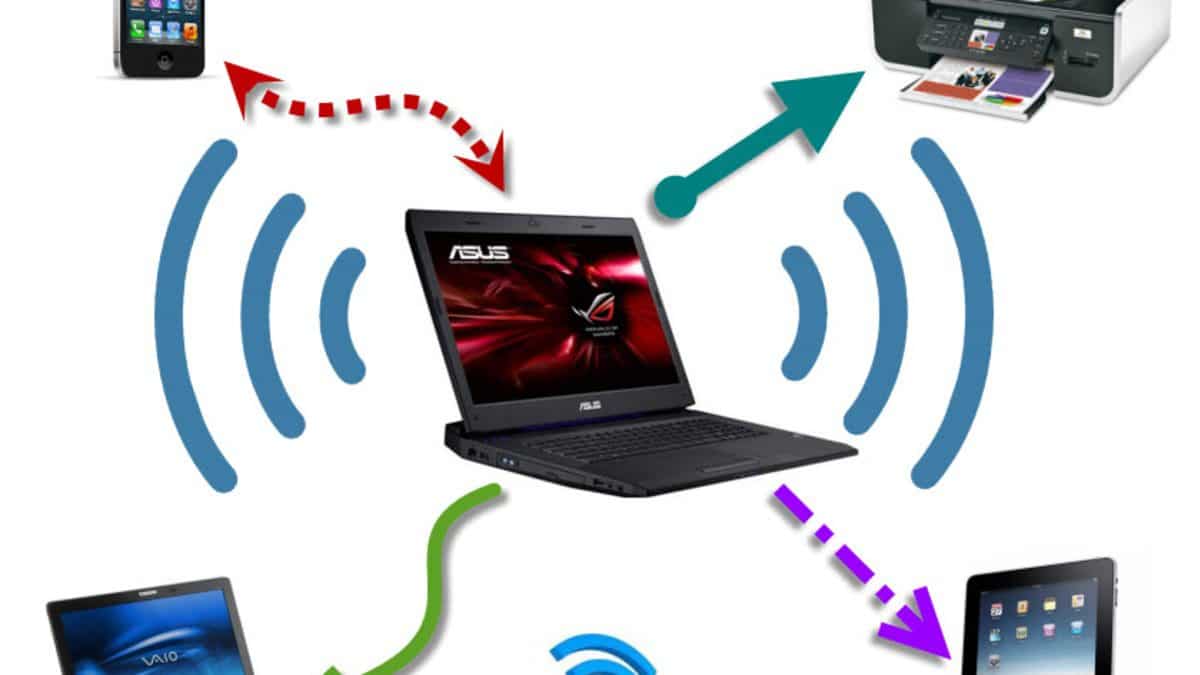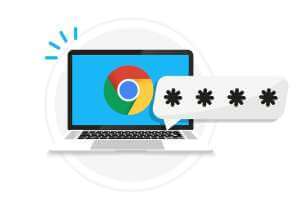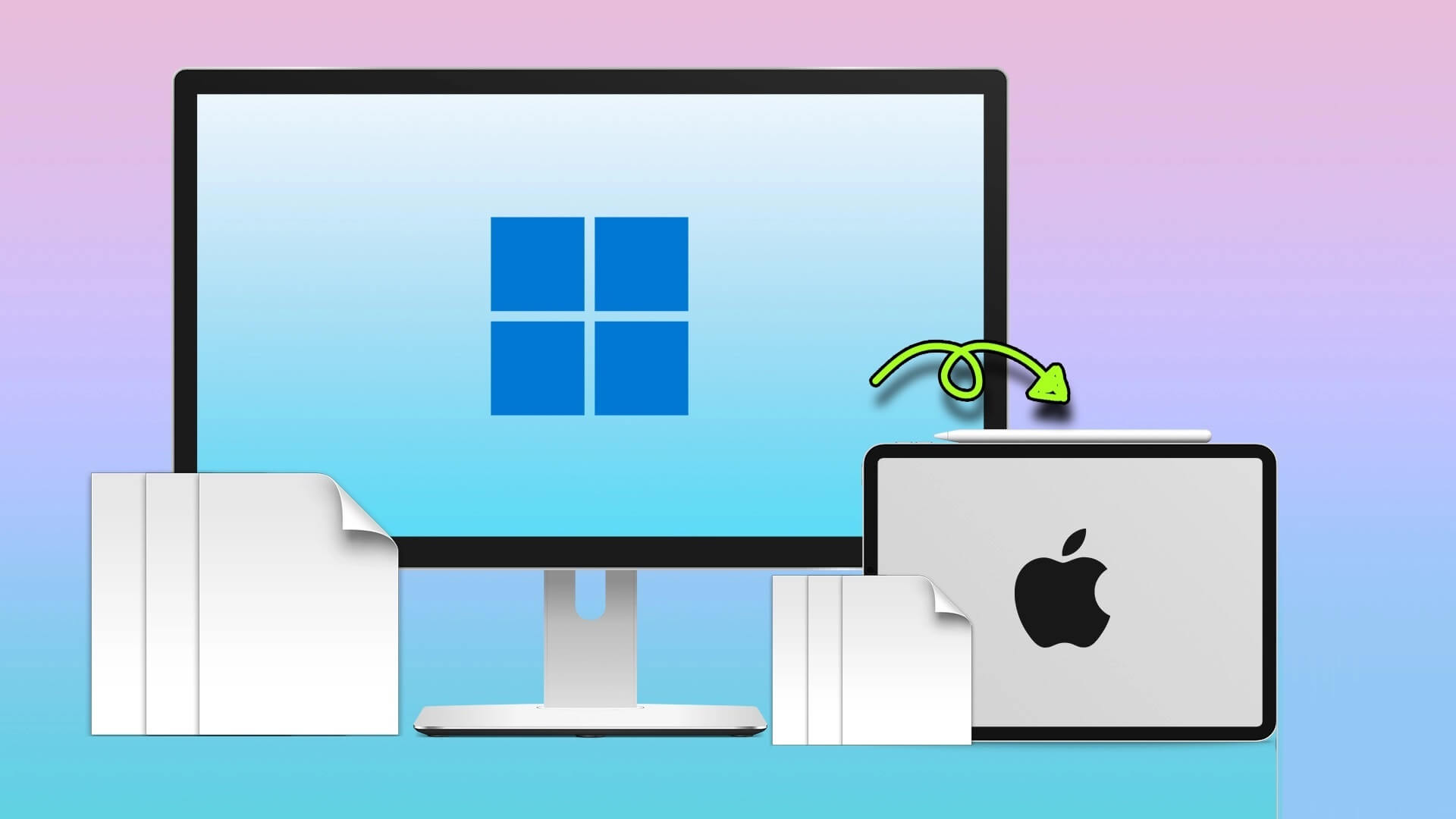Sometimes while connecting an external hard drive, SD card, USB drive, or other storage media to your Windows 11 or Windows 10 device, you may encounter the “Invalid parameter” error in Windows. This error prevents you from opening the drive’s folder path and accessing the files inside the drive. If not fixed in time, it can cause the loss of your important files and data. This tutorial shows you what to do when you notice this unique issue with any external drive.
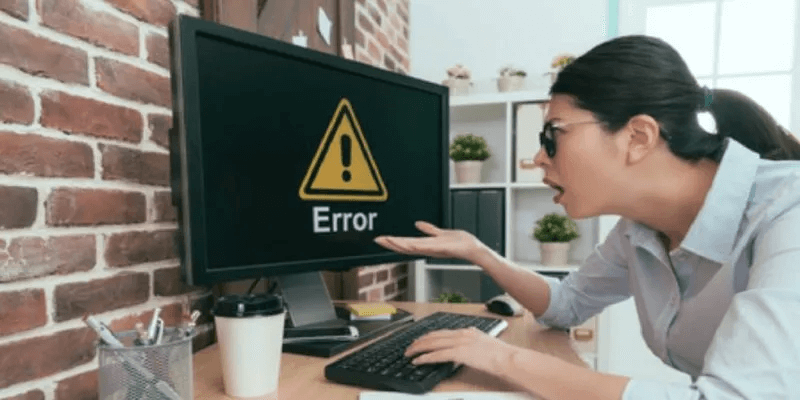
What does the error "invalid parameter" mean?
When you connect an external drive to your computer, you should be able to view your files using File Explorer. For some reason, the external hard drive may become corrupted (temporarily) and display the error message: “The Location Drive cannot be accessed. The parameter is incorrect.”
This error means that the user's request to access the folder path failed. According to the error definition, the user cannot access their data on the device or copy/paste and move files along the folder path.
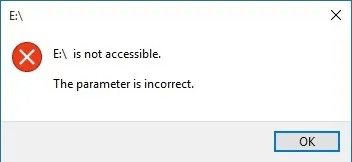
The "Invalid parameter" error is also known as error 0x80070057. Most Windows users report this error for external hard drives, SD cards, or USB drives. However, some have also confirmed it for their computer's built-in hard drive. There are several possible causes for this—virus infection, file system corruption, faulty USB ports, bad sectors on the drive, or a complete driver update is needed.
Solutions to the “Invalid Parameter” Error in Windows 11/10
Our solutions for the "Invalid parameter" error range from simple command-line fixes to full-blown formatting techniques. We'll run each of these methods step-by-step. The instructions below are demonstrated on a Windows 11 machine but are identical to Windows 10.
1. Perform a quick check
First, run your system to check for malware. Go to Protection from viruses and threats From a list START YOUR And do the Quick check For any threats. If any malware is found, disconnect your external device immediately, as it may be infected and the source of the error. In most cases, it will alert you. Windows 11/10 Defender Be aware of any malware on removable media in advance, as it is well equipped to detect it upon arrival.
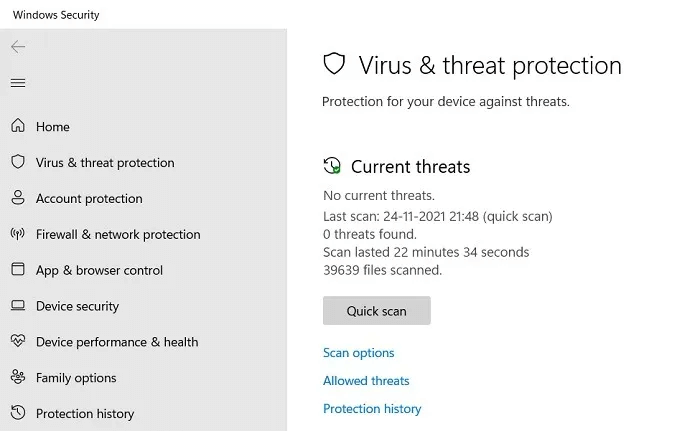
2. Run Chkdsk to fix drive errors
If no malware is found, you should then scan your external drive to ensure data integrity. Windows Chkdsk is the most widely used tool for such detection, as it examines errors caused by bad sectors, file system corruption, and any unresolved software issues.
- Make a backup of your data on the drive, as during repair, Chkdsk may delete some valuable data in bad sectors.
- Open a command prompt window in administrator mode from the Start menu. Enter the following based on the name assigned to the external drive by your computer.
chkdsk Drive name: /f/x/r
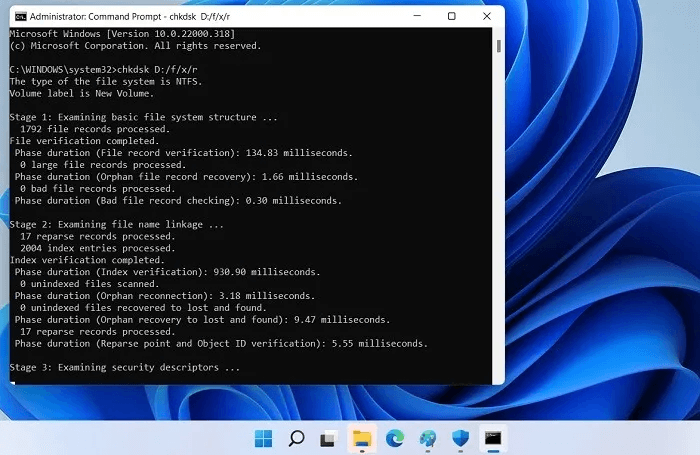
3. The system will automatically perform a full disk scan of the drive to fix any data integrity issues. It checks for underlying file structures, security descriptions, USN journals, and corrupted clusters in file data.
4. Restart your computer once the scan is finished, and you should have no problems connecting to the external drive.
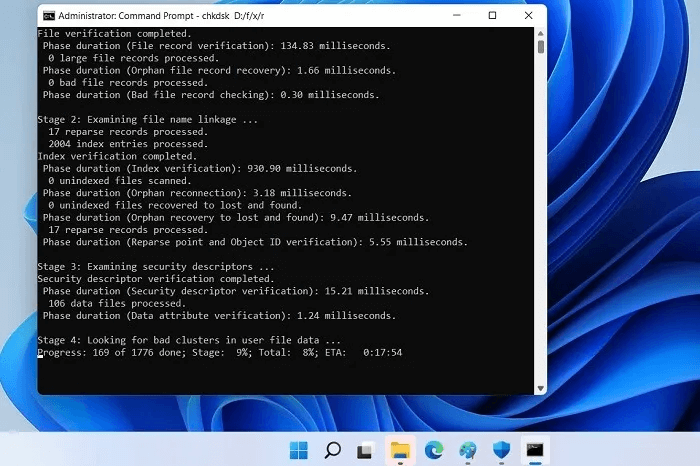
3. Run sfc /scannow on an external drive
Sfc /scannow is one of the best built-in Windows tools. To repair corrupted system filesDid you know that it can also be used to repair any corrupted files on your external drive? To access this repair setting, follow the instructions below:
- Open command line window in Administrator mode And change the command a little as shown below:
sfc/scannow/offbootdir=Drive Name: /offwindir=Drive name:\windows
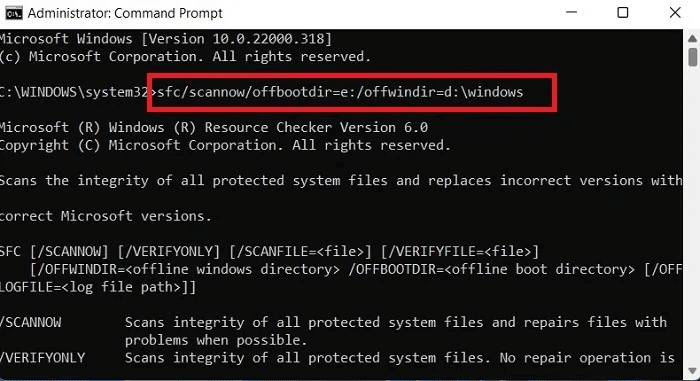
2. Now selected CD player Target to scan system files, and you will see a list of options.
3. To finish scanning the drive, select the first option: sfc/scannow. Give it enough time, as this process can take a long time and will go through four or five steps depending on the number of entries on the external drive. For smaller USB drives and SD cards, this shouldn't take long.
4. Errors are automatically detected and fixed by System File Checker.
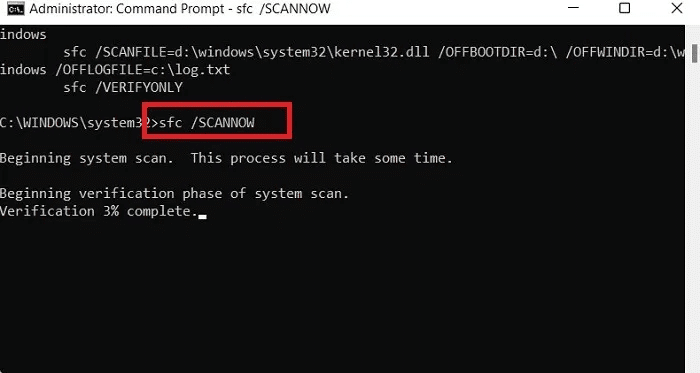
4. Use DISM.exe
Sometimes, the parameter error can be traced back to an incorrect application installation on your Windows device, resulting in errors while creating a folder path. In such cases, DISM.exe is a reliable system file inspection tool that can be used to repair Windows installations.
to turn on DISM.exe , Open command line in Administrator mode And write:
DISM.exe /Online /Cleanup-image /scanhealth
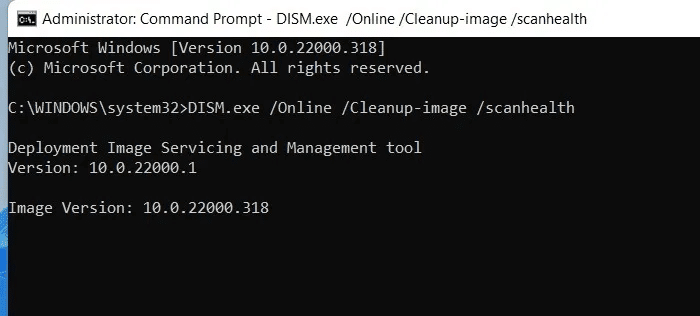
5. Reformat the external drive
If none of the simpler methods above work, there may be some potential damage to your external hard drive. This can only be fixed by reformatting.
Go to the main menu "This PC" On your Windows 10 computer, select the external drive, right-click to select "coordination".
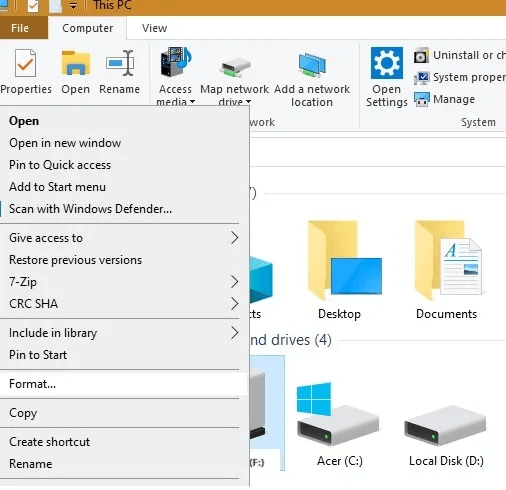
- On a Windows 11 device, just a simple click will access the format option. Drive from the context menu at the topIt's a faster approach, as you don't have to deal with cluttered menu options.
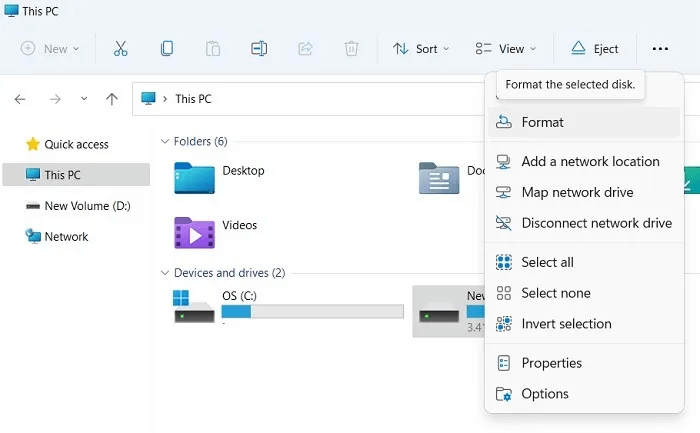
2. To format the drive, select the correct file system. Make a selection based on whether the drive's file system format is "NTFS" Or “FLAAT” (which you can find in the Chkdsk command prompt tool discussed above).
3. If you make a new volume label for the drive, it will ensure a new approach to the drive.
4. Coordination "Start". Note that this will delete all data from the drive. Then aCountdown Check your external hard drive to see if it's the error. "The parameter is incorrect" Still visible.
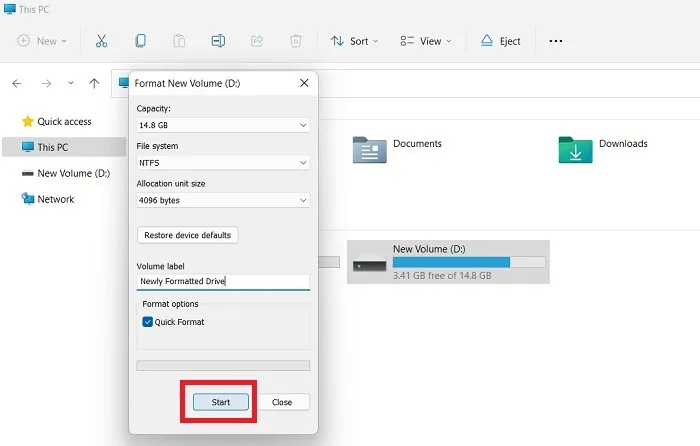
6. Update the USB drive and driver
If the fault lies with the drive or USB ports, you can check to see if any drivers need to be updated. (You'll usually receive a warning from Windows beforehand.) Follow the steps below to update.
- Go to "Device Manager" From the search list "Start" In Windows 11 or the search box in Windows 10.
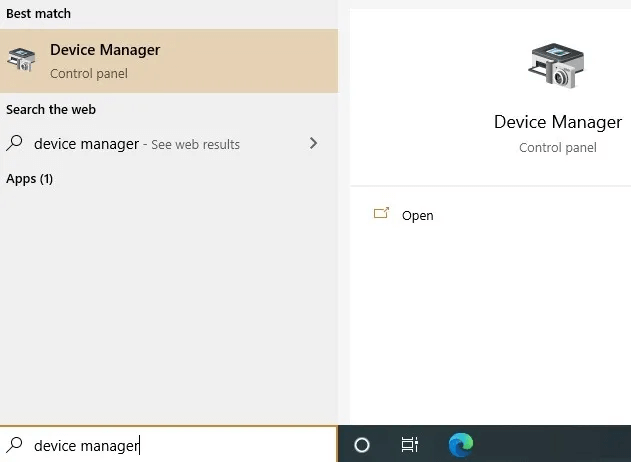
Alternatively, you can open Device Manager From a simple run command: Win + R , then write “devmgmt.msc.”
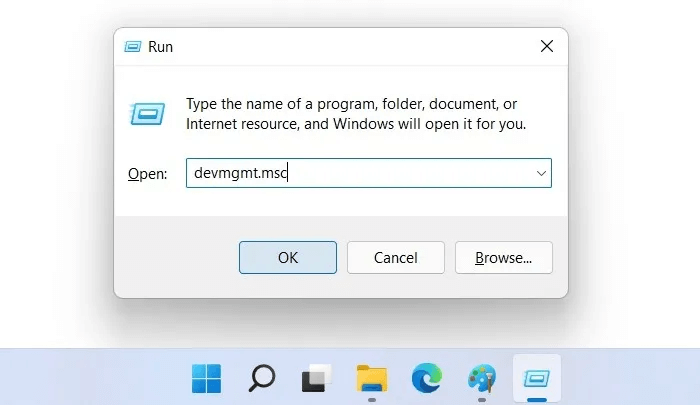
2. Once opened Device Manager Select both the drive and the USB drive, and right-click to update. Drivers.
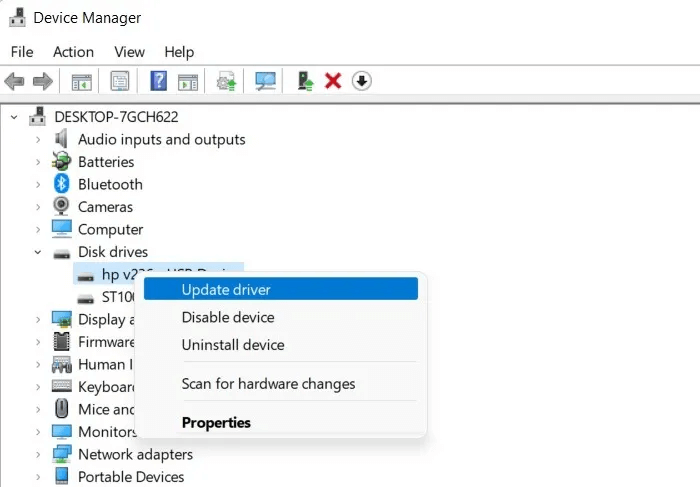
3. To search for drivers online, click “Search automatically for drivers.” This will ensure that Windows searches for and installs the best driver available for your device.
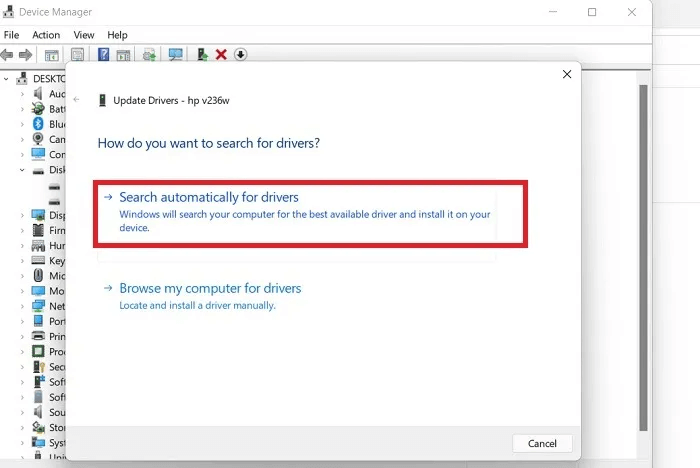
4. If a new driver is found online, it will be automatically added to your system. You can restart your computer to see if the parameter error is fixed.
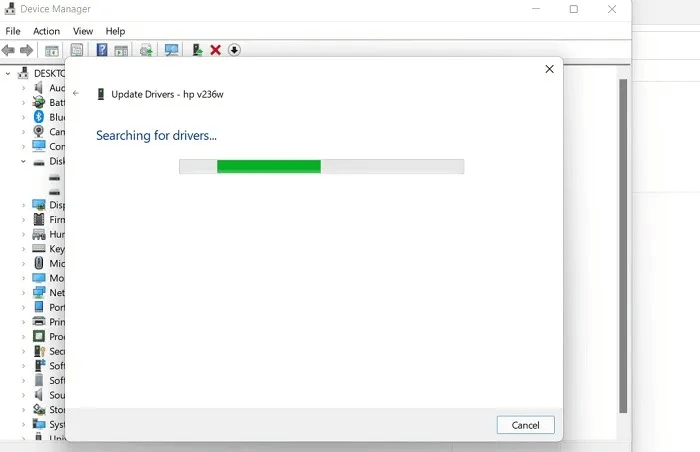
7. Check the decimal symbol in the date and time settings.
Sometimes, a syntax issue with the date and time format can cause parameter errors. Periodically, you should check that the correct decimal notation is enabled in your date and time settings.
- Go to Control Panel -> Clock & Region and select Region: Change date, time, or number formats.
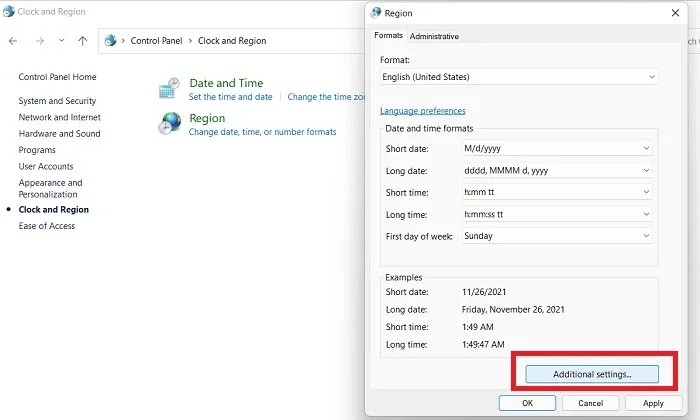
2. Once the window opens, click on Additional SettingsHere you need to make sure that the decimal code is correct. "." It is being used.
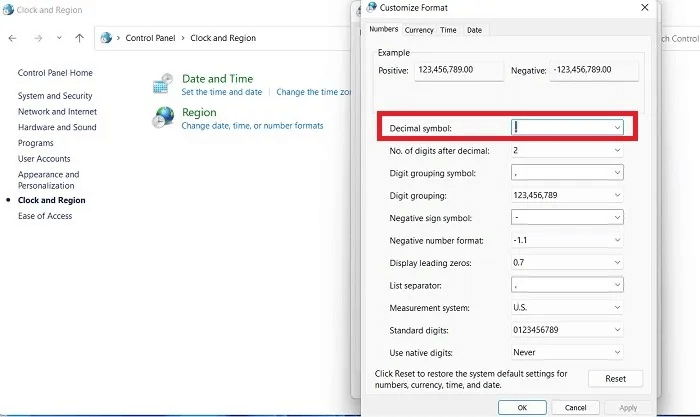
Frequently Asked Questions
Q1. Should I use a third-party software to format Windows or an external hard drive?
answer. While there are many third-party programs available to format a Windows hard drive, it's recommended to use the built-in Windows 11/10 tools, such as Chkdsk, SFC Checker, DISM.exe, and other native tools, as they are better designed to diagnose errors in a Windows environment. However, you may prefer to use the program with USB and external hard drives.
Q2. What are the signs of hard drive failure? How do I know if my hard drive is damaged?
answer. If your hard drive is at risk of failure, you'll see several warning signs. The most obvious is recurring Blue Screens of Death (BSODs) when running hard drive-based applications. If you experience a Blue Screen of Death, Try one of these solutions.Another warning sign is Windows failing to start properly, with errors like 0xc00000f. Is your computer overheating for no reason? This is a major sign of a failing hard drive, which means you'll need to replace it.
Conclusion
The "Invalid parameter" error is a common error in Windows 11/10. However, with the above methods discussed here, you should be able to resolve the issue yourself. You can also perform a self-assessment to check RAM size And the health of the motherboard on your Windows PC. If you haven't installed Windows 11 yet, read on. To find out what you need to do to install it.


